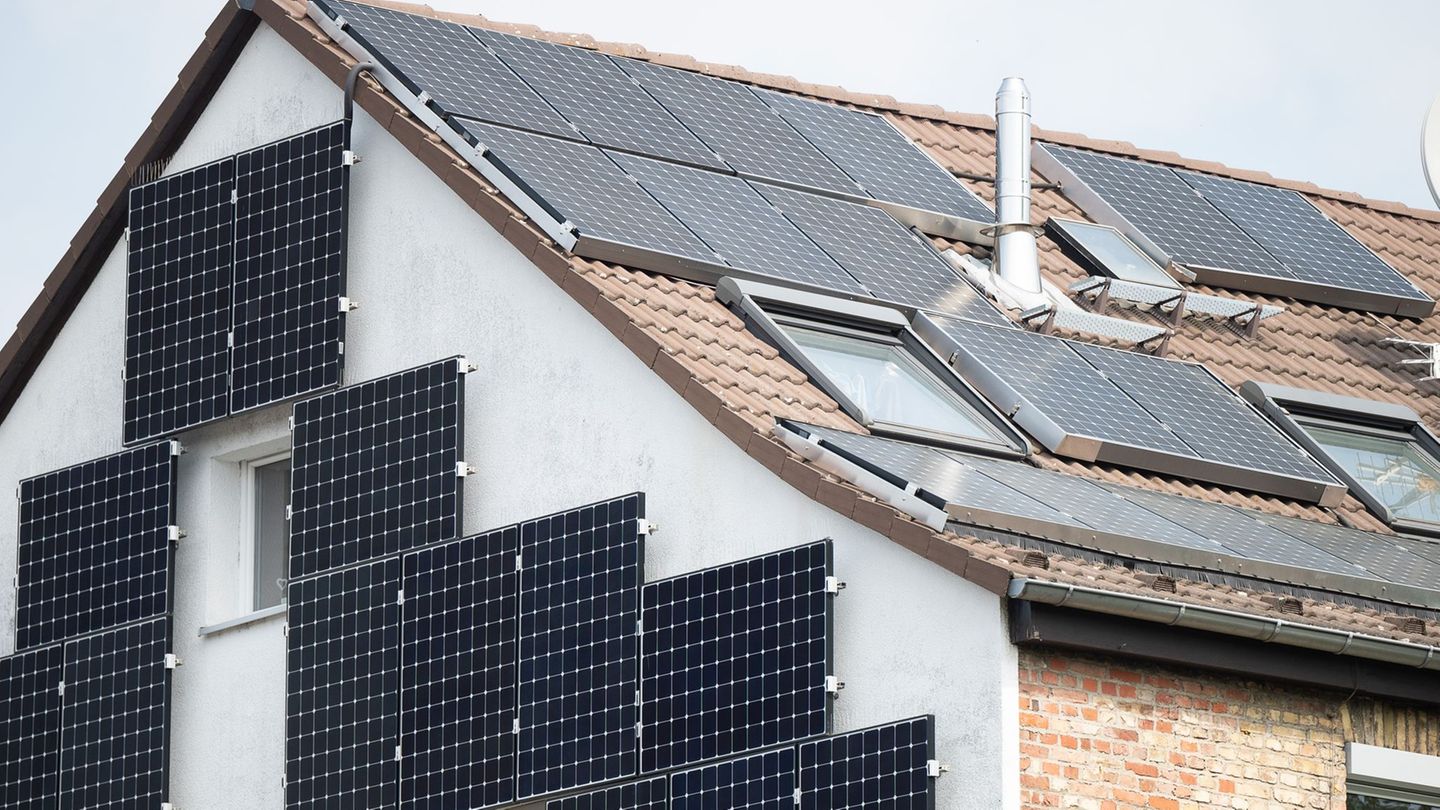Berlin Authorities Clear Partially Occupied Building Following Years-Long Dispute
Wohnungsbau Sentiment Improves Despite Persistent Order Shortages
Knorr-Bremse Acquires Dutch Digital Platform TRAVIS to Expand Commercial Vehicle Services
Camping Industry in Baden-Württemberg Reports Strongest Performance in Decades
German Industrialist Clashes with Town Over Traffic Calming Measures
German Households Retreat From Energy Transition Amid Rising Costs

German households are showing declining willingness to actively participate in the country's energy transition despite overwhelming support for its goals, according to the latest KfW Energiewendebarometer survey. While 83 percent of private households consider the shift toward renewable energy important, only 59 percent express high readiness to drive the change themselves—the lowest level since the survey began in 2018. This marks a continued decline from 61 percent last year and 68 percent five years ago, highlighting a growing disconnect between public sentiment and individual action.
The retreat from active participation appears closely linked to financial pressures, particularly affecting lower-income households. Rising costs associated with the transition, including the increased CO2 price implemented since 2021, have made fossil fuel usage more expensive and created barriers for those dependent on traditional energy sources. The KfW survey of 5,119 households identifies these financial burdens as a significant obstacle preventing broader engagement with climate protection measures, even among those who conceptually support the energy transition.
Despite these challenges, the survey reveals notable adoption of sustainable technologies across German households. Approximately one-third of households currently utilize at least one green technology, with growing acceptance of photovoltaics, solar thermal systems, and electromobility. The use of heat pumps and wood pellets is also increasing, indicating that technological transition continues even as financial constraints dampen overall participation rates.
KfW Chief Economist Dirk Schumacher emphasizes the importance of better integrating lower-income households into the energy transition to maintain long-term public support. The findings suggest that while the conceptual foundation for Germany's Energiewende remains strong, practical implementation faces headwinds from economic realities that could shape both policy debates and household decisions in the coming years.